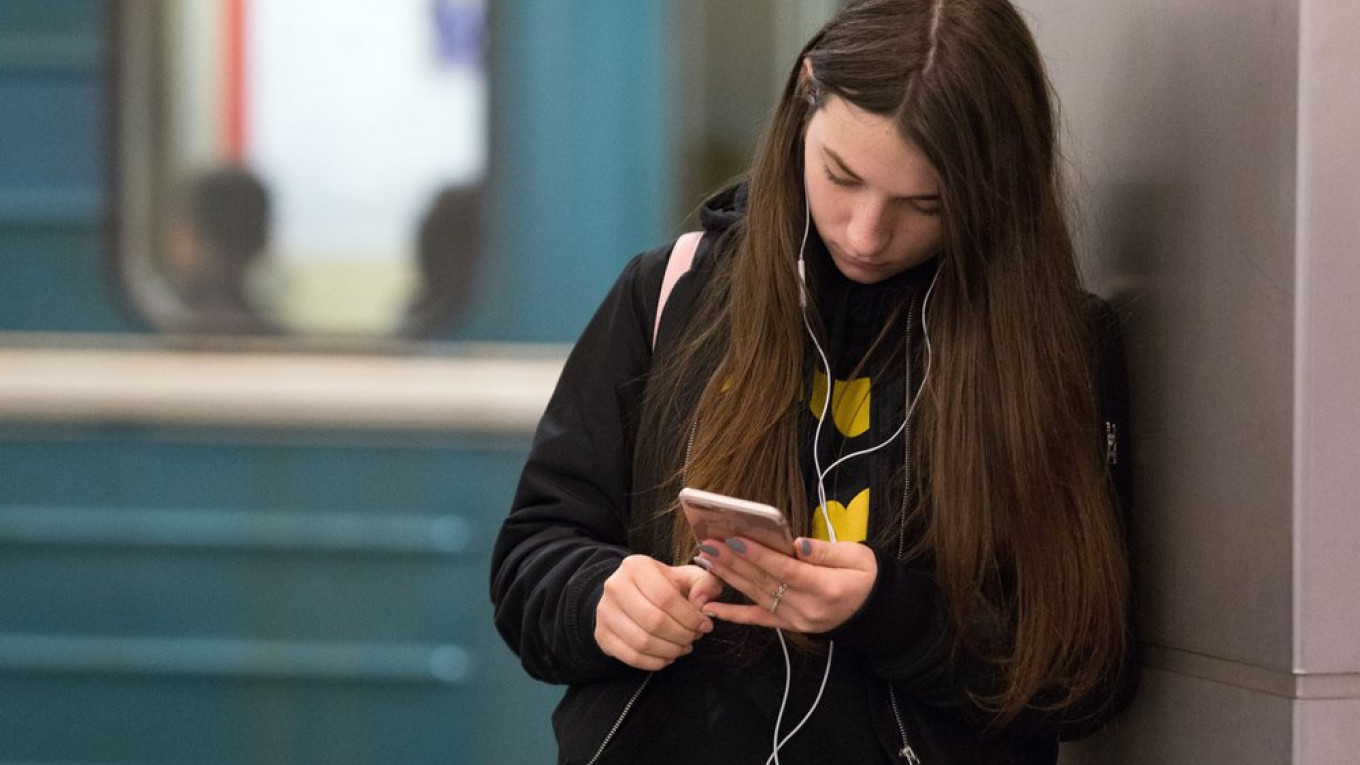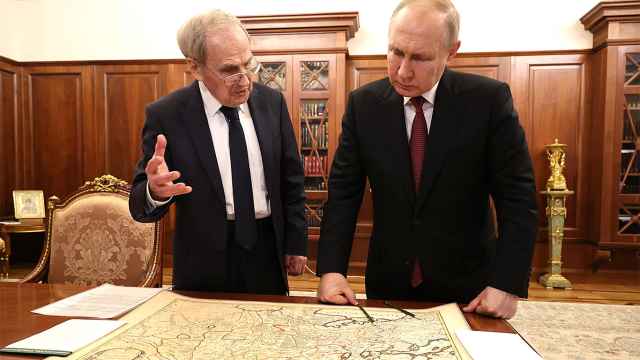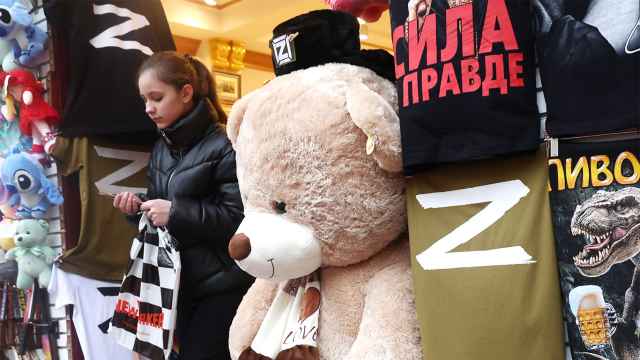Russia said Monday it has developed software that monitors social media to help authorities prevent young people from harming themselves and others, but which critics say could be used to silence dissent.
The initiative comes after an 18-year-old student at Perm State University last month shot dead six people in the latest in a growing number of campus shootings in recent years.
Russia's youth affairs agency Rosmolodyozh said an NGO founded in 2018 at the behest of President Vladimir Putin has developed software that can "quickly track the spread of destructive subcultures among young people."
"The system is used to monitor the open circuit of the Russian-speaking segment of popular social networks," Rosmolodyozh told AFP in a statement.
Rosmolodyozh added that the Center for the Study and Network Monitoring of the Youth Environment had also developed a separate system called "Angel.Destruktiv" to monitor telecommunications networks and the internet.
The program alerts authorities to information that leads "children and young people to take actions that pose a threat to their life," it said, as well as "signs of fatally negative deviant states."
Rosmolodyozh said that the NGO already provides law enforcement agencies with information "about intent to commit illegal or antisocial actions."
Russian business dailies RBK and Vedomosti reported last month that the government had allocated more than 1.5 billion rubles ($20 million, $17 million euros) for the development of a similar system.
Sarkis Darbinyan, a lawyer with the Roskomsvoboda digital rights NGO, said that the software would automatize "the repression of online activity," calling it a "very serious threat to freedom of speech."
"It is very doubtful that the ultimate goal will be achieved, but this system can lead to problems for many users and activists."
It carries "huge risks to the freedom of people who express opinions against the government," he added.
The Russian government has in recent years used the pretext of protecting minors and fighting extremism to control the Russian segment of the web and has begun developing a so-called sovereign internet.
Authorities have blamed foreign influence for school shootings, saying young Russians have been exposed online and on television to similar attacks in the United States and elsewhere.
A Message from The Moscow Times:
Dear readers,
We are facing unprecedented challenges. Russia's Prosecutor General's Office has designated The Moscow Times as an "undesirable" organization, criminalizing our work and putting our staff at risk of prosecution. This follows our earlier unjust labeling as a "foreign agent."
These actions are direct attempts to silence independent journalism in Russia. The authorities claim our work "discredits the decisions of the Russian leadership." We see things differently: we strive to provide accurate, unbiased reporting on Russia.
We, the journalists of The Moscow Times, refuse to be silenced. But to continue our work, we need your help.
Your support, no matter how small, makes a world of difference. If you can, please support us monthly starting from just $2. It's quick to set up, and every contribution makes a significant impact.
By supporting The Moscow Times, you're defending open, independent journalism in the face of repression. Thank you for standing with us.
Remind me later.






